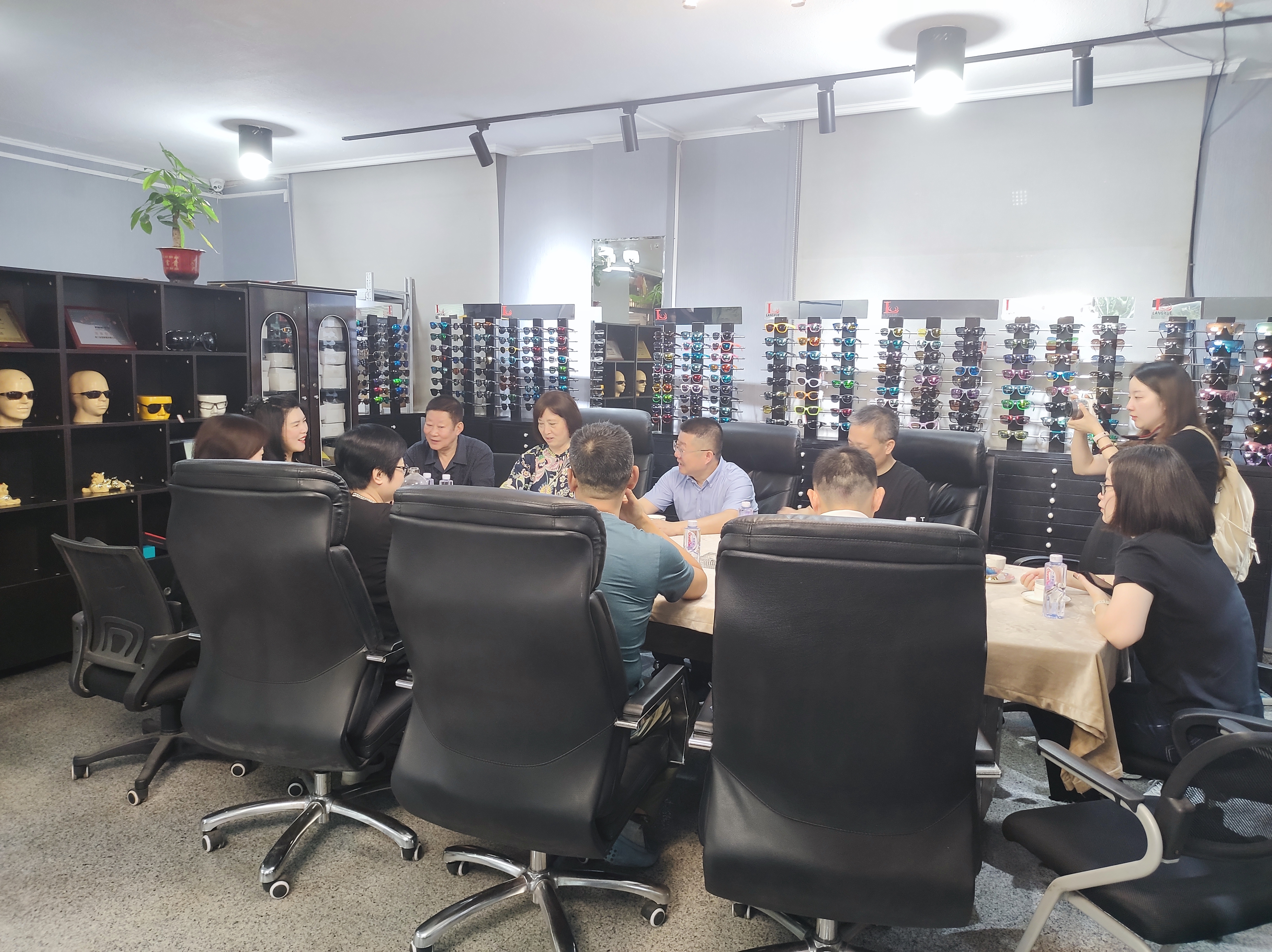Enhanced Skill Development: Training programs equip employees with the latest skills and knowledge necessary to excel in the dynamic and competitive field of foreign trade. This includes understanding international trade regulations, mastering negotiation tactics, and staying updated on global market trends. Well-trained employees are more confident and effective in their roles, leading to better performance and higher productivity.
Improved Efficiency and Productivity: When employees are trained effectively, they can perform their tasks more efficiently. This reduces errors, minimizes delays, and increases overall productivity. In the context of foreign trade, where precision and timely execution are crucial, training ensures that employees can handle complex processes with greater ease and accuracy.
Adaptability to Market Changes: The global market is constantly evolving, with changes in regulations, consumer behavior, and technological advancements. Continuous training ensures that employees stay adaptable and can respond quickly to these changes. This adaptability is critical in maintaining a competitive edge in the fast-paced world of international trade.
Compliance with Regulations: Foreign trade involves navigating a complex web of international laws and regulations. Training helps employees understand and comply with these regulations, reducing the risk of legal issues and financial penalties. Knowledgeable employees are better equipped to ensure that all transactions are conducted in accordance with the relevant laws, protecting the company from potential liabilities.
Customer Satisfaction and Retention: Well-trained employees are more capable of providing excellent customer service, which is essential in maintaining strong relationships with international clients. Training in communication, cultural sensitivity, and customer relationship management ensures that employees can meet the diverse needs of clients, leading to higher customer satisfaction and loyalty.
Employee Motivation and Retention: Providing training opportunities shows employees that the company values their professional growth and development. This boosts morale and motivation, leading to increased job satisfaction. Employees who feel supported in their career development are more likely to remain loyal to the company, reducing turnover rates and the associated costs of hiring and training new staff.
Innovation and Competitive Advantage: Training encourages continuous learning and creative thinking among employees. This fosters innovation, enabling the company to develop new products, services, or strategies that give it a competitive advantage in the global market. A culture of innovation is essential for long-term success in the ever-changing landscape of foreign trade.
Building a Stronger Team: Training programs often involve collaborative learning experiences that strengthen team dynamics. Employees who learn and grow together are more likely to develop strong working relationships, improving teamwork and communication. This is particularly important in foreign trade, where cross-functional collaboration is often required to manage complex projects.
Training for foreign trade employees is not just an investment in individual skill development but a strategic move that enhances overall business performance, compliance, customer satisfaction, and competitive positioning. It is essential for staying relevant and successful in the global marketplace.



